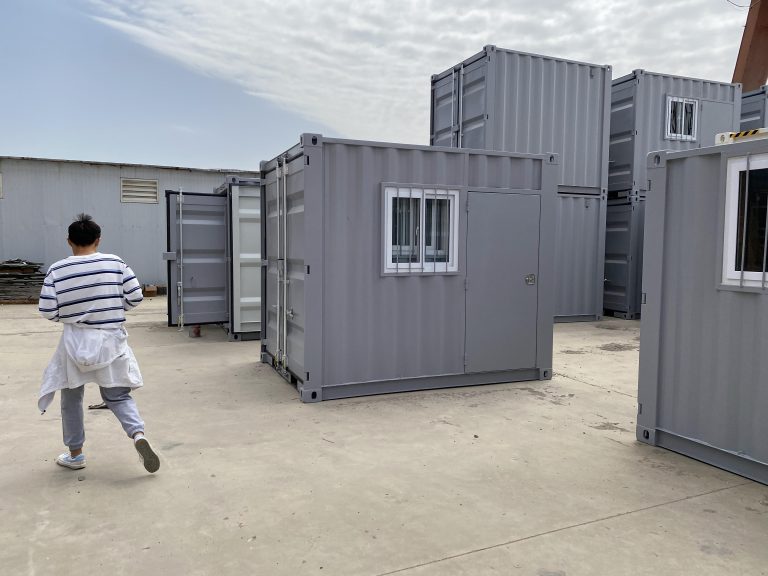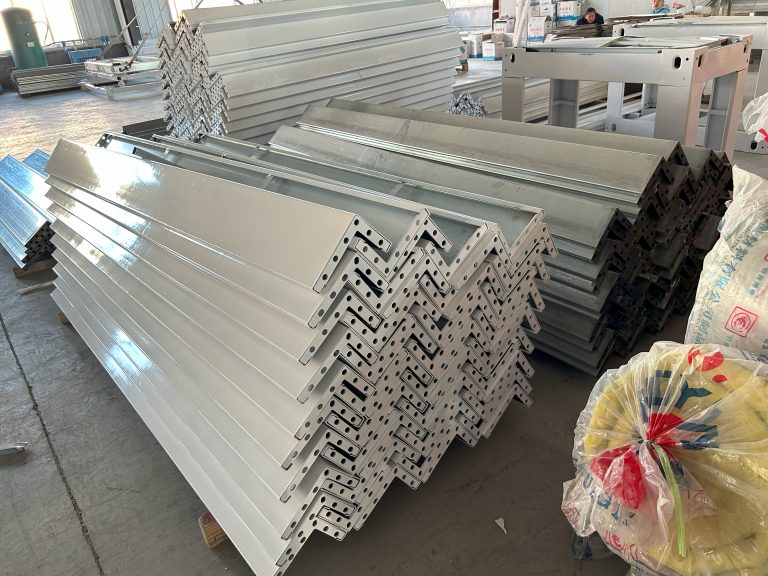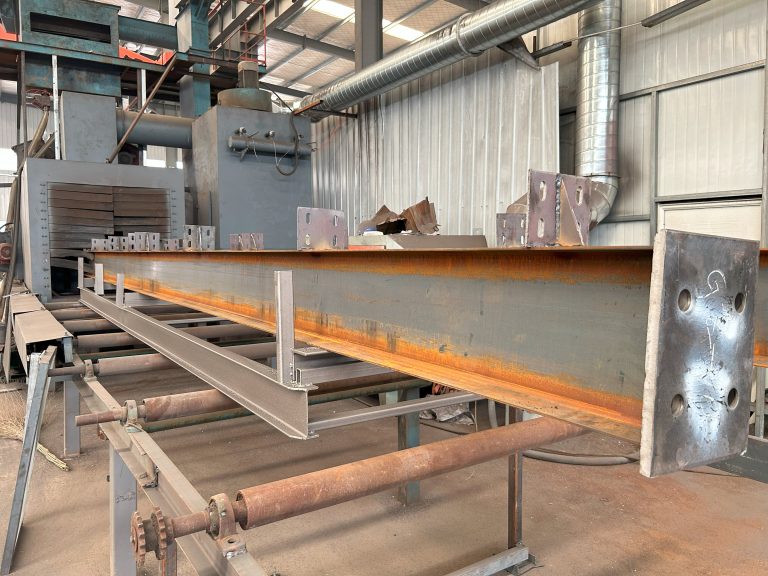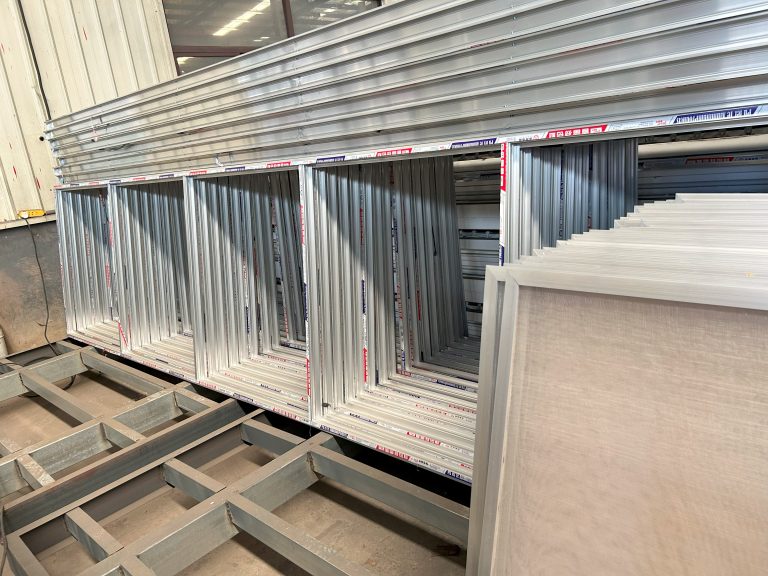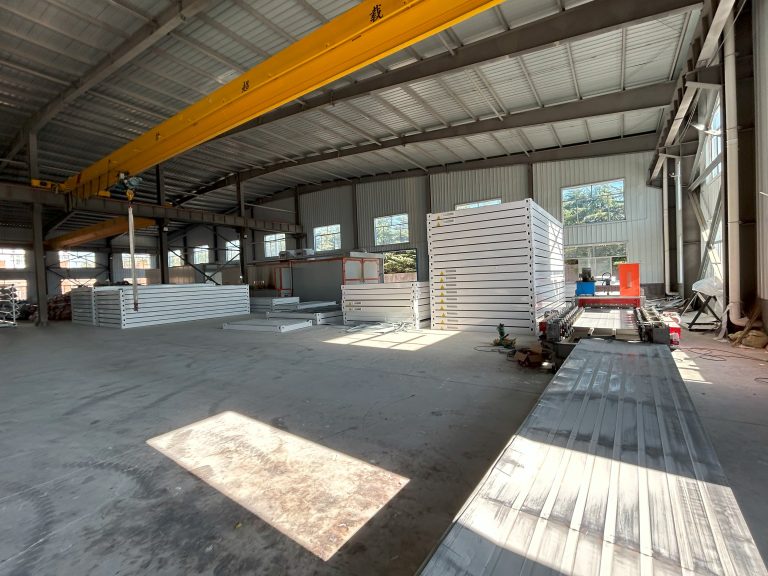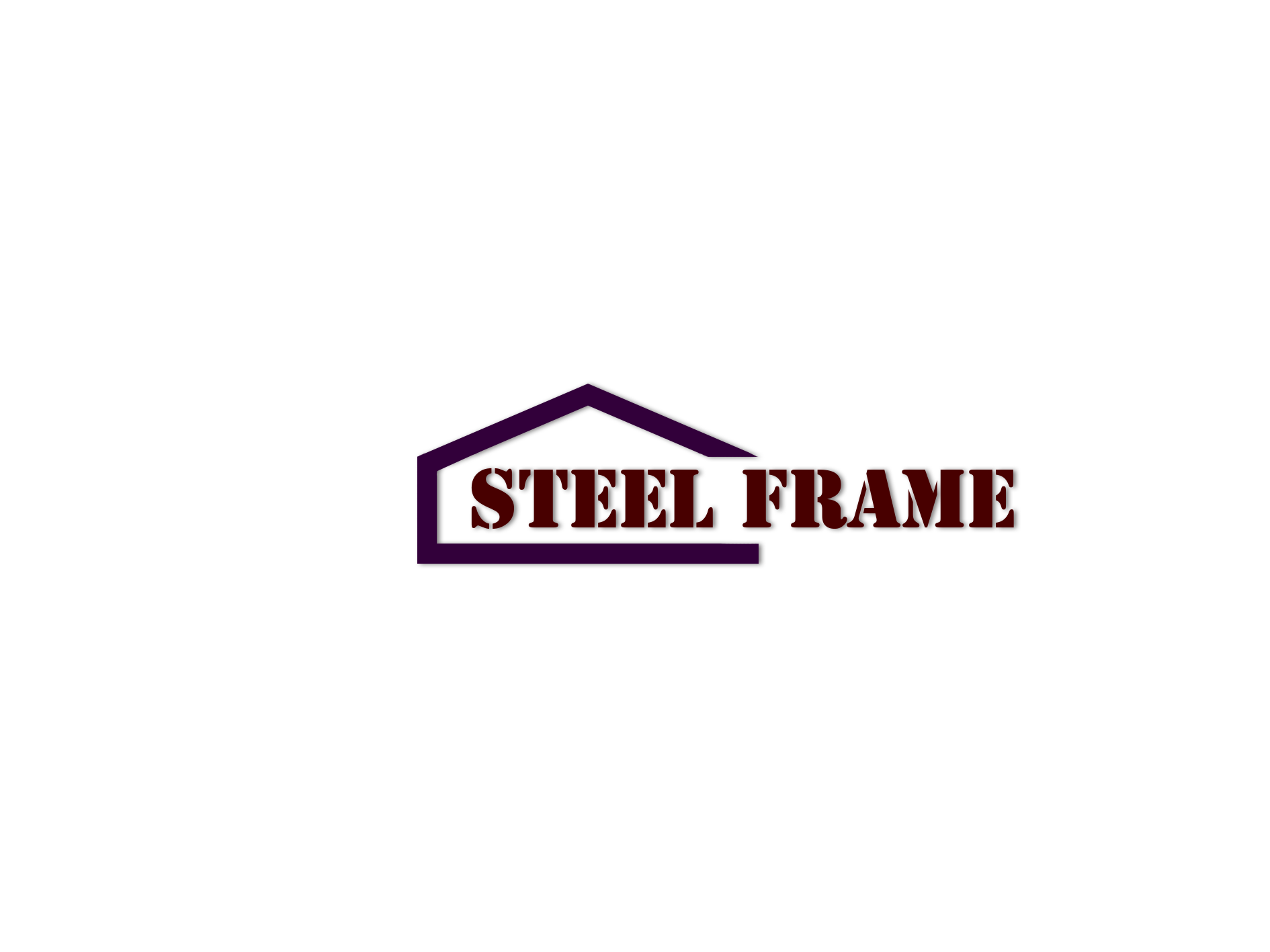Spatial planning of container house in temporary exhibition
Table of Contents
Benefits of Utilizing Container Houses in Temporary Exhibitions
Temporary exhibitions are a popular way for organizations to showcase their products, services, or ideas to a wide audience. These exhibitions are often held in temporary structures that are designed to be easily assembled and disassembled, making them ideal for short-term events. One innovative solution that has gained popularity in recent years is the use of container houses for temporary exhibitions.
Container houses, also known as shipping container homes, are structures made from repurposed shipping containers. These containers are typically made from steel and are designed to be durable and weather-resistant, making them ideal for use in temporary exhibitions. One of the main benefits of utilizing container houses in temporary exhibitions is their versatility. These structures can be easily customized to fit the needs of the exhibition, whether it be a small pop-up shop or a large-scale event.
In addition to their versatility, container houses are also cost-effective. Because shipping containers are readily available and relatively inexpensive, using them as the basis for a temporary exhibition structure can be a cost-effective solution for organizations looking to showcase their products or services. Furthermore, container houses are also environmentally friendly, as they are made from recycled materials and can be easily repurposed or recycled after the exhibition is over.
Another benefit of utilizing container houses in temporary exhibitions is their mobility. Shipping containers are designed to be easily transported, making them ideal for events that may need to be moved to different locations. This mobility allows organizations to take their exhibition on the road, reaching a wider audience and increasing their visibility.

Furthermore, container houses are also quick to assemble and disassemble, making them an ideal solution for temporary exhibitions that have a short turnaround time. These structures can be easily transported to the exhibition site and assembled in a matter of days, allowing organizations to set up their exhibition quickly and efficiently.
In addition to their practical benefits, container houses also offer a unique and eye-catching aesthetic that can help organizations stand out at a temporary exhibition. The industrial look of shipping containers can be customized with branding, signage, and other design elements to create a visually striking exhibition space that will attract visitors and leave a lasting impression.
Overall, the spatial planning of container houses in temporary exhibitions offers a wide range of benefits for organizations looking to showcase their products, services, or ideas in a unique and cost-effective way. From their versatility and cost-effectiveness to their mobility and eye-catching aesthetic, container houses are an innovative solution that can help organizations make a lasting impact at temporary exhibitions. Whether it be a small pop-up shop or a large-scale event, container houses offer a practical and visually appealing solution for organizations looking to make a statement at their next temporary exhibition.
Maximizing Space Efficiency in Temporary Exhibition Layouts with Container Houses
Spatial planning is a crucial aspect of designing a temporary exhibition layout, especially when utilizing container houses as part of the structure. Container houses offer a unique and innovative solution for creating temporary exhibition spaces, as they are versatile, cost-effective, and environmentally friendly. In order to maximize space efficiency in a temporary exhibition layout with container houses, careful consideration must be given to the placement and arrangement of these structures.
One key factor to consider when planning the spatial layout of container houses in a temporary exhibition is the overall flow of the space. It is important to ensure that visitors can easily navigate through the exhibition, with clear pathways and designated areas for different exhibits or activities. By strategically placing container houses in the layout, it is possible to create distinct zones within the exhibition space, each serving a specific purpose or theme.
Another important consideration when planning the spatial layout of container houses in a temporary exhibition is the utilization of vertical space. Container houses can be stacked or arranged in a way that maximizes the use of vertical space, allowing for multiple levels or platforms within the exhibition layout. This not only increases the overall square footage of the exhibition space but also creates a dynamic and visually interesting environment for visitors to explore.
In addition to the placement and arrangement of container houses, it is also important to consider the interior layout and design of these structures. Each container house can be customized to serve a specific function within the exhibition, whether it be a gallery space, interactive exhibit, or information booth. By carefully planning the interior layout of each container house, it is possible to create a cohesive and engaging exhibition experience for visitors.
Transitional phrases such as “in addition to,” “another important consideration,” and “by strategically placing” can help guide the reader through the article and connect ideas seamlessly. By carefully planning the spatial layout of container houses in a temporary exhibition, it is possible to maximize space efficiency and create a dynamic and engaging environment for visitors to explore. Container houses offer a versatile and cost-effective solution for temporary exhibition spaces, and with careful consideration of spatial planning, these structures can be utilized to their full potential.
Overall, the spatial planning of container houses in a temporary exhibition requires careful consideration of the overall flow of the space, the utilization of vertical space, and the interior layout and design of each structure. By taking these factors into account and utilizing transitional phrases to guide the reader through the article, it is possible to create a successful and engaging exhibition layout that maximizes space efficiency and creates a memorable experience for visitors.

